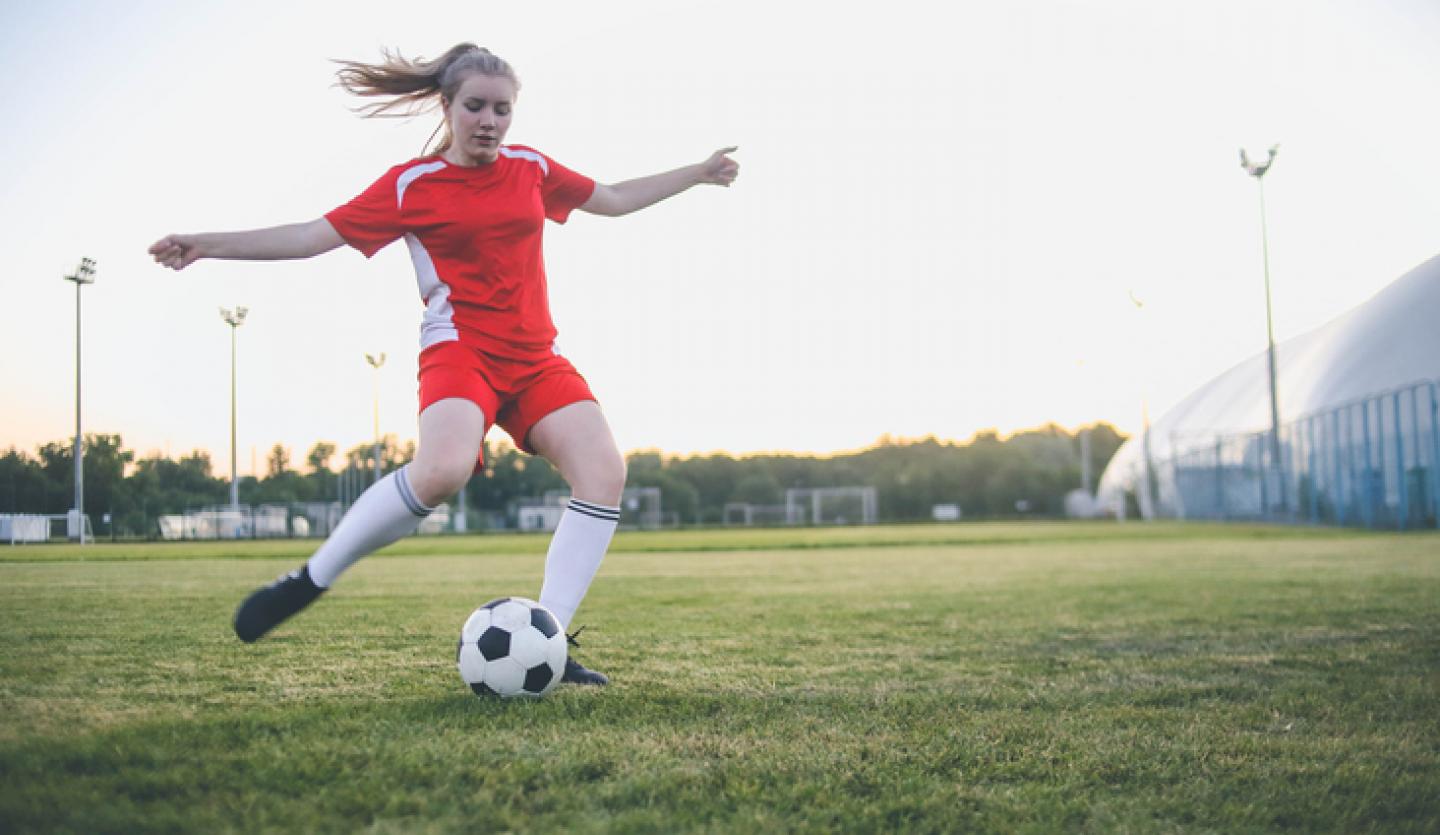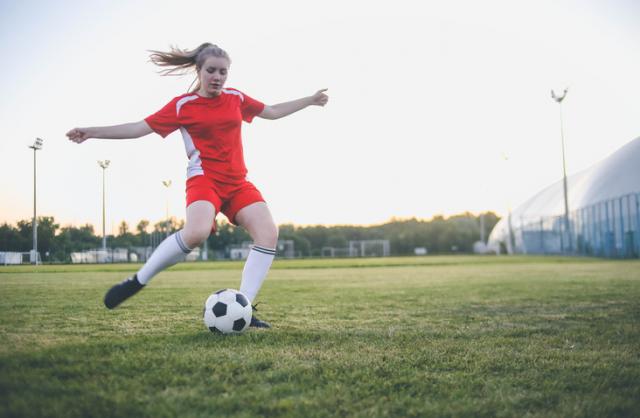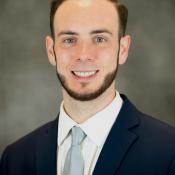You’ve probably heard of an ACL injury if you’re an athlete or a sports fan. It’s one of the most common knee injuries and one that can be healed with the right treatment.
What is the ACL?
Frequently called the ACL, the anterior cruciate ligament connects the shin bone to the thigh bone. It’s located on the inside of the knee but you can’t physically touch it. The ACL plays an important role in stabilizing the knee joint. If it’s damaged then your knee may feel unstable or shift when you put weight on it.
Who is at risk of ACL injuries?
Athletes who play sports like basketball, soccer and football that involve sprinting, deceleration, cutting and jumping are most at risk of ACL injuries. These types of movements put a great deal of force on the ligament.
ACL injuries can be caused by contact with another athlete such as when someone falls on the knee and moves it in an unnatural direction. Or noncontact injuries that occur during movement or an abrupt stop.
ACL injuries are most common in sports but they can occur in the general population as well.
Do ACL injuries vary?
The severity of ACL injuries is assessed using a grading scale of 1-3. Grade 1 injuries usually heal without surgery while grade 3 injuries often require surgery. Depending on the severity, some grade 2 injuries will require surgery.
All ACL injuries will come with some level of pain and swelling. The amount varies from person to person and with the severity of the injury.
How are ACL injuries diagnosed?
ACL injuries are often diagnosed during a physical examination. A physical therapist may perform a Lachman test or anterior draw test to assess the integrity of the ligament and make a diagnosis. If additional assessment is needed then an MRI or other imaging test will need to be scheduled.
When should I seek seek treatment?
Seek treatment quickly! Don’t wait to seek treatment if you suspect you have an ACL injury. The sooner you have your knee evaluated then the sooner you can start down the path to recovery.
How are ACL injuries treated?
Treatment varies according to the extent of the injury. While relative rest is important, you shouldn’t completely stop exercising. Your strength will suffer and the joint will become stiff. Neither promotes healing. A physical therapist can help you with this!
Starting physical therapy soon after an ACL injury will keep you moving while preventing further injury to the healing joint. During therapy, you will complete range-of-motion and flexibility exercises along with a strengthening program. Athletes who plan to return to sports will also do plyometric training, including jumping, cutting and return-to-sport simulation.
At Catholic Health's St. Charles Hospital (Port Jefferson, NY) we use a variety of treatment modalities including neuromuscular electrical stimulation. This treatment fires the quadriceps muscle during the early stages of recovery when nerve signals are not as strong due to the knee injury. The unit at our clinic is portable and can be utilized as patients walk and perform strengthening exercises.
What is post-surgical ACL therapy?
If an ACL injury requires surgery reconstruction then a physical therapy program is vital—especially for athletes who want to get back on the playing field. At St. Charles Hospital, athletes typically have 12 months of rehab after surgery. Along the way, our team collects data to make sure the athletes are physically and psychologically ready to return to sports.
Functional tests measure range of motion, swelling, balance, strength, agility, jumping ability and psychometric readiness five to six months after surgery and again at the nine- or 10-month mark. The results determine if the athlete is safe to progress in the therapy program and eventually return to sports.
ACL community screenings
Each year, the St. Charles Hospital sports therapy team conducts ACL screenings for community and school sports teams. Therapists assess athletes’ balance, range of motion, jumping ability and agility to identify modifiable risk factors and suggest ways to improve to avoid injuries like ACL tears.
Contact Us
Screenings and appointments are available by request:
St. Charles Rehabilitation in Commack (631-784-1960)
St. Charles Rehabilitation in Centereach (631-580-2526)
St. Charles Rehabilitation in Patchogue (631-207-2370)
St. Charles Rehabilitation in East Setauket (631 -751-8000)
High school athletes can visit our Sports Recovery Clinic on Sundays between 10:00 a.m. and 1:00 p.m. at our Centereach and Commack locations. No appointment is necessary and there’s no charge for the service.
Learn more about physical therapy and rehabilitation services at Catholic Health.




